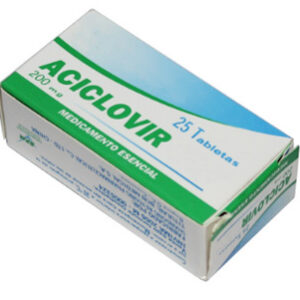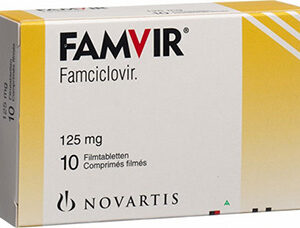Anti Viral
Antiviral medications are a crucial category within pharmaceuticals, specifically engineered to combat viral infections. Unlike antibiotics, which target bacteria, antivirals work against viruses by inhibiting their ability to replicate within the host’s cells. These medications are key in the treatment and management of a wide array of viral diseases, from the common influenza and herpes simplex virus to more severe illnesses such as HIV/AIDS and hepatitis C. The mechanism of action of antiviral drugs varies; some block the viral replication process, while others boost the immune system’s response to the virus.
The use of antiviral drugs is particularly important in situations where vaccines are unavailable or in treating already established infections. They can significantly reduce the severity and duration of symptoms in acute viral infections, and in chronic conditions, they help to manage the disease, reducing the risk of complications. For example, antiretroviral therapy (ART) for HIV has transformed a once fatal diagnosis into a manageable chronic condition for many individuals.
However, the development of resistance is a growing concern in the field of antiviral therapy, similar to the issue faced with antibiotics. Viruses can mutate rapidly, rendering some treatments less effective over time. Ongoing research and development are critical to staying ahead of new viral strains and resistance patterns. The prudent and judicious use of antiviral medications, guided by accurate diagnostic testing and tailored to the specific virus and patient condition, is essential to maximize their efficacy and minimize the risk of resistance.
Showing all 2 results




